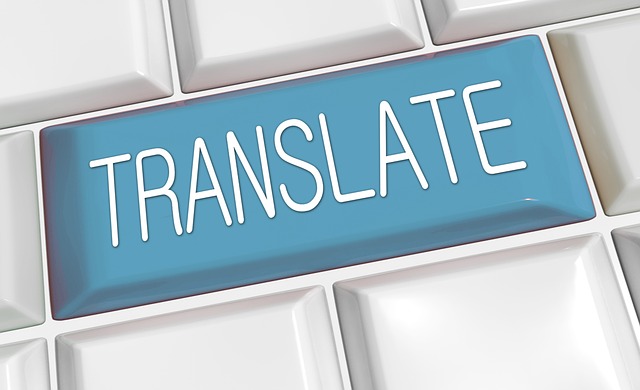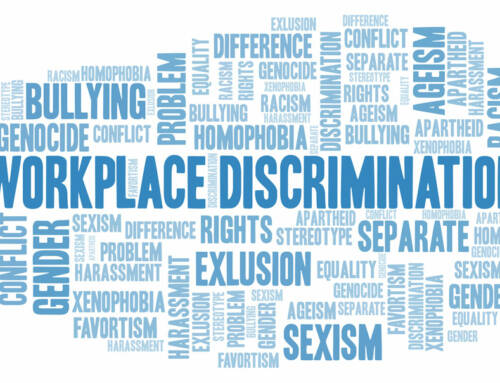Non-English speakers who become embroiled in the American court system often find it challenging to secure quality language translation services. In some cases, interpretive failures have led to an egregious miscarriage of justice such as incorrectly translated testimony or defendants not understanding the charges brought against them.
Some states, such as New York and California, require court interpreters to pass rigorous examinations with a high rate of accuracy; and New Mexico, which the National Center for Access to Justice ranks as the best in the nation at providing language services, requires interpreters to be certified, prohibits charging litigants for translation services, and has trained language specialists to provide translation services outside the courtroom.
In much of the country, however, quality interpretive services are often difficult to find – especially true in rural areas geographically removed from diverse, multilingual population centers. This is because many states have yet to establish a clear system for ensuring access to language services throughout their legal systems, creating a patchwork of county-level systems where quality can vary widely from place to place. Because small errors in translation can impact an individual’s health, welfare, or freedom, any failure to provide standardized, accurate translation undermines the integrity of the courts.
Non-English speakers who enter the legal system, either as plaintiffs or as defendants, should seek out attorneys who understand the importance of ensuring that appropriate language services are provided. To better understand the state of language services in American courts, read more here.






